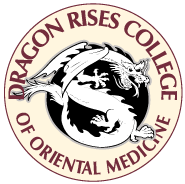NC-SARA (State Authorization Reciprocity Agreement) Professional Licensure: “Federal regulations have been adopted that create disclosure requirements for Professional Licensure programs regardless of the mode of delivery in that the rules apply to both face-to-face and distance education programs. Per the rules, institutions are required to determine the states in which a student and prospective student is located for the purpose of disclosing state-specific Professional Licensure information to students based on the state in which a student is located. “
Currently, 46 of the 50 United States participate in NC-SARA, excluding California; also excluded are Puerto Rico, the US Virgin Islands, and other U.S. territories. From the NC-SARA website:
A college or university that has been approved to participate in SARA may offer distance education programs to students in other SARA member states. Importantly, these institutions have met several requirements that help ensure their quality and student consumer protections, including:
-
- The institution is a degree-granting institution, appropriately authorized (by Congress, a U.S. state, territory or district, or a federally recognized Indian tribe) to award associate degrees or higher.
- The institution is institutionally accredited by an accrediting body recognized by the U.S. Department of Education and whose scope of recognition, as specified by the U.S. Department of Education, includes distance education.
- The institution agrees that, in cases where the institution cannot fully deliver the instruction for which a student has contracted, it will provide a reasonable alternative for delivering the instruction or reasonable financial compensation for the education the student did not receive.


